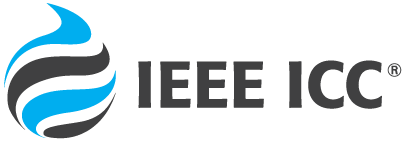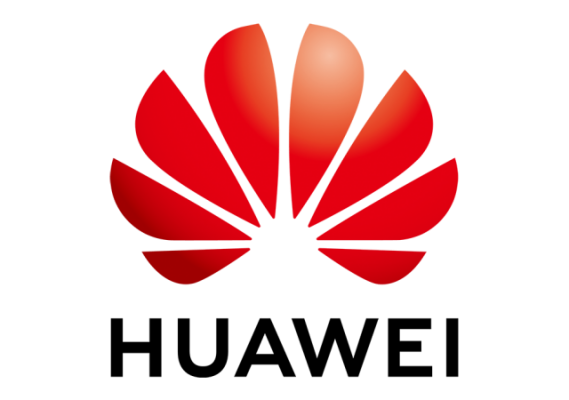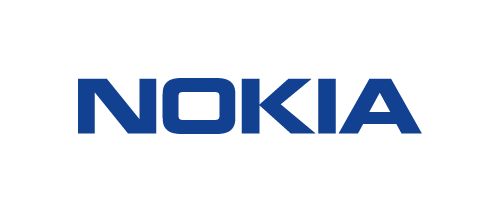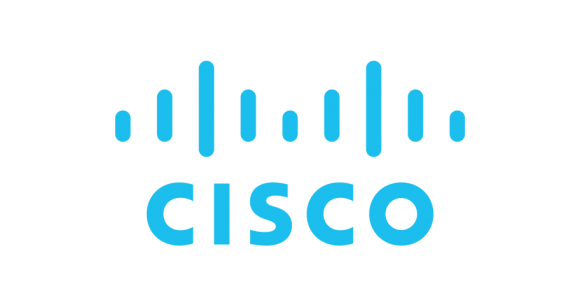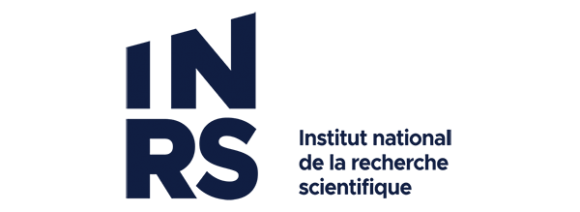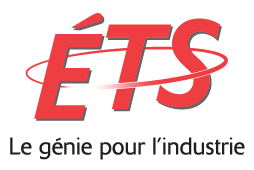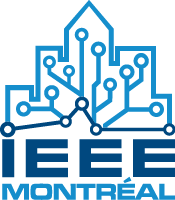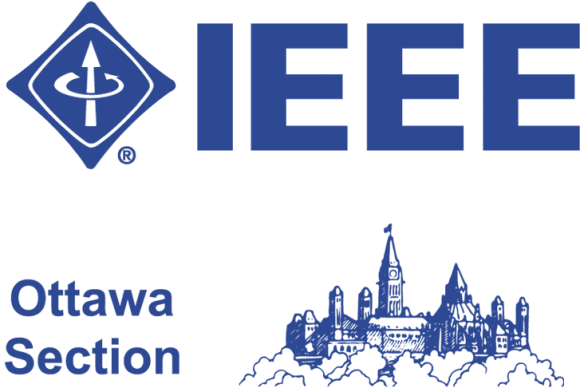Call for Paper and Demo Competion
Scope and Motivation
Machine learning (ML) and AI have flourished as key contributors to many research fields, one of which being wireless networking and MEC. Contrarily, very limited works in the wireless networking realms aimed to facilitate the operation of ML/AI at the edges. Achieving significant advancements in this reverse direction is becoming more and more indispensable due to the massive amounts of data generated at the edge resulting from the rapid adoption of the Internet of Everything. Forecasts envision that 90% of such data will be analyzed in a distributed manner on the edge devices. Being mostly wireless/mobile (e.g., wireless sensors, smartphones, laptops, drones, connected vehicles, XRs), resource-constrained, and highly heterogeneous, implementing one or multiple ML/AI jobs on such devices requires fundamental changes in and innovative designs of wireless networking and MEC protocols. Meanwhile, training powerful ML models based on the enormous data generated by these devices demands highly efficient task/data/parameter exchanges in harsh mobile environments and various network settings, while preserving data privacy. These trends have recently established the new research direction of Mobile Edge Learning (MEL), which calls for innovations in wireless networking, ranging from transmission technologies, network protocols, to MEL-friendly architectures. The purpose of this workshop is to invite submissions on the latest advancements in wireless networking for MEL, to implement fast and efficient edge learning jobs over networks of resource-constrained and heterogeneous mobile devices. It also invites academic and industrial researchers to identify and discuss the major challenges and standardization visions to support MEL.
Topics of Interest
- Adaptive allocation of distributed learning tasks in heterogeneous MEL environments
- Joint allocation of distributed learning tasks and wireless resources for MEL
- Energy awareness and management for MEL
- Mobility awareness/management for MEL
- Mitigation of physical networking and computing uncertainties for MEL
- Network formations for multiple MEL jobs
- Multi-hop routing and parameter aggregation for MEL
- Multi-hop network formations for highly complicated MEL models
- URLLC for MEL
- Theoretical modeling and performance analysis for networks involved in MEL
- Physical, MAC, scheduling, and network layer protocols for MEL
- 5G/6G/ Wi-Fi/Bluetooth enabled MEL
- MEL in ad-hoc, sensor, vehicular, UAV, and cognitive radio networking environments
- Self-organizing MEL networks
- Network standardization efforts and/or requirements for MEL
- Network authentication and security measures for MEL
- Network architectures and protocols for privacy-preserving MEL
- Applications of MEL in wireless/mobile environments
- MEL for XR, MEC, IoT, V2X, Robotics
- MEL field tests and experimental testbeds
Demo Showcase and Competition
In addition to technical paper submissions, the workshop will feature a demo showcase and competition session, in which:
- Two state-of-the-art labs in the field will be invited MEL to showcase their MEL demos
- Other demos and testbeds are most welcomed to showcase and enter the workshop's demo competition. Interested labs and enterprises are invited to send a two-page description and a short video of their demo/testbed to sameh.sorour@queensu.ca by 20 February 2021 and will be notified on the acceptance to showcase their demo and enter the competition by 20 March 2021.
Workshop Organizers
- Sameh Sorour, Queen’s University, Canada
- Hatem Abou-Zeid, Ericsson, Canada
- Yansha Deng, King’s College London, UK
- Jun Zhang, Hong Kong Polytechnic University, Hong Kong
Keynote Speakers
- Prof. Deniz Gündüz, Imperial College London, UK
- Julien Forgeat, Ericsson Global A.I. Accelerator
Panelists
- Shiqiang Wang, IBM T. J. Watson Research Center
- Julien Forgeat, Ericsson Global A.I. Accelerator
- Daniel Desjardins, King’s Distributed Systems
Important Dates:
- Paper Submission:
20 January 202119 February 2021 [Firm Deadline] - Paper Acceptance: 22 March 2021
- Camera Ready: 8 April 2021 (FIRM)
- Demo Application: 20 February 2021
- Demo Acceptance: 20 March 2021
Paper Submission Link and Guidelines:
All papers for must be submitted via EDAS through the following link:
https://edas.info/newPaper.php?c=27866&track=104131
Guidelines on how to prepare your paper can be found on
- IEEE ICC2021 website: https://icc2021.ieee-icc.org/
- Workshop website: https://sites.google.com/view/wireless-networking-mel
